Stevia, a natural sweetener derived from the * Steva rebaudiana* plant, has gained popularity as a sugar alternative for those seeking to reduce calorie intake or manage blood sugar levels. However, its taste is a subject of much discussion and comparison, particularly when pitted against artificial sweeteners like aspartame or Splenda. In this article, we will explore the taste of stevia in depth, including how it compares to other sweeteners, how it tastes in various forms like liquid or powdered stevia, and what you can expect when using it in coffee, baking, and more.
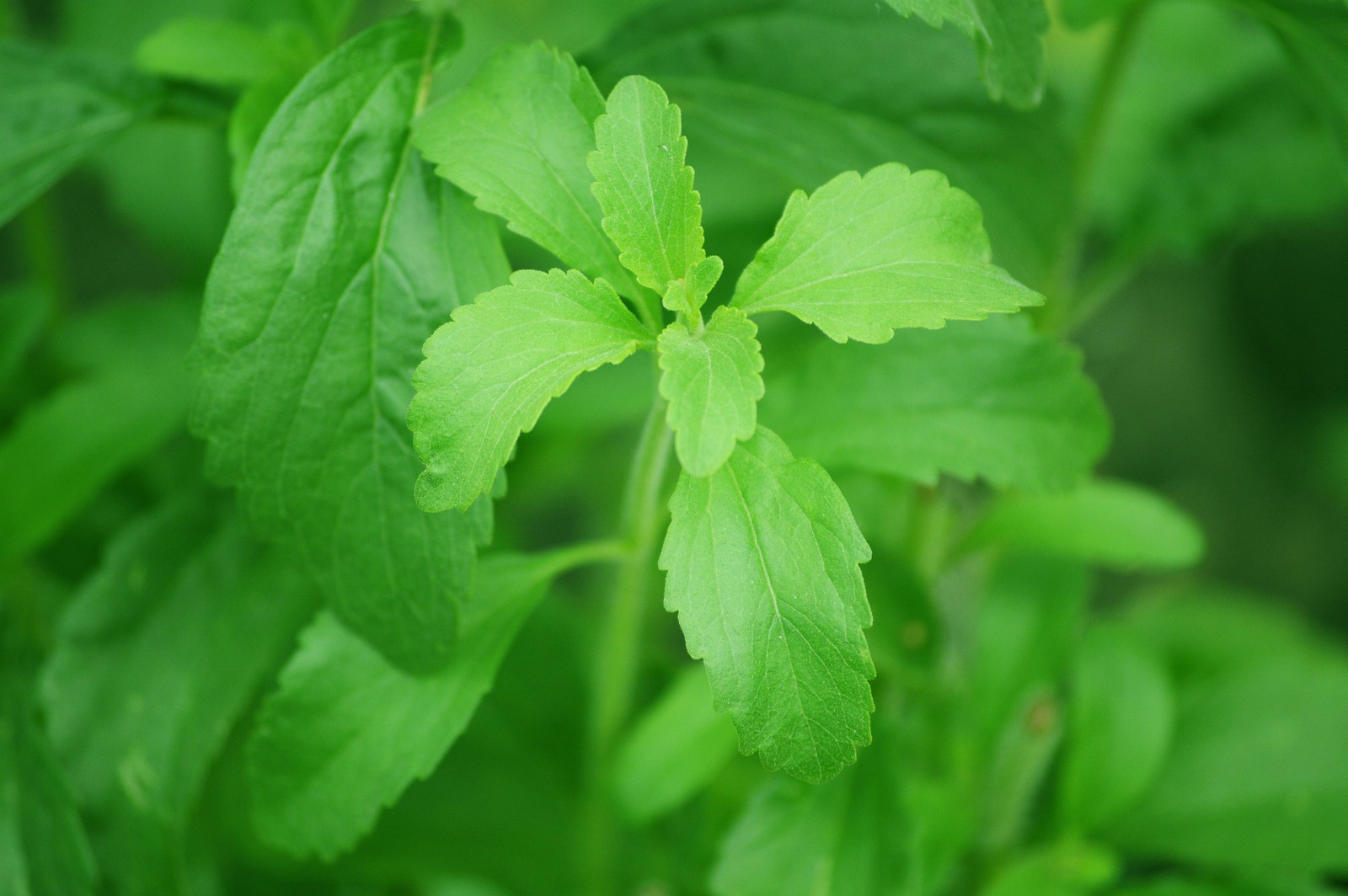
What does stevia taste like?
Stevia is known for its intense sweetness, which can be up to 200-300 times sweeter than sugar. However, its taste is far from identical to sugar. Stevia has a unique flavor profile that some describe as slightly bitter or having a licorice-like aftertaste, which can vary depending on the form of stevia used and how it is processed.
The Initial Sweetness
1. Intensity: The sweetness of stevia is immediate and potent. Even a small amount can sweeten a large quantity of food or beverage. This is due to the presence of steviol glycosides, particularly rebaudioside A, which are responsible for stevia's sweetness.
2. Purity of flavor: While the sweetness is strong, it is often described as "cleaner" than that of sugar. It lacks the heavy, syrupy quality of sugar and provides a more direct, crisp sweetness.
The Aftertaste
One of the most distinctive characteristics of stevia is its aftertaste. This aftertaste is often described as:
1. Bitter: A mild bitterness can linger after the initial sweetness fades. This is especially noticeable when stevia is used in larger quantities or in certain forms.
2. Licorice-Like: Some people detect a licorice or anise-like flavor that comes through after the sweetness dissipates. This can be appealing to some, but off-putting to others, depending on personal taste preferences.
3. Metallic: A subtle metallic note is sometimes reported, which can contribute to the less favorable perceptions of stevia's taste.
Does stevia taste like aspartame?
Aspartame is another widely used low-calorie sweetener, and while it shares the purpose of replacing sugar, its taste profile differs significantly from stevia.
1. Sweetness Comparison: Aspartame provides a sweetness that is closer to sugar, with a smoother, less pronounced aftertaste. Unlike stevia, it generally does not have the bitterness or licorice notes.
2. Aftertaste: While some people do detect a slight aftertaste with aspartame, it is usually less intense and more neutral than that of stevia. As a result, many consumers find aspartame more palatable in products where a sugar-like taste is desired.
3. Application Differences: Aspartame is often favored in soft drinks and other processed foods because of its ability to mimic sugar's taste more closely without the herbal notes found in stevia.
What does stevia taste like in coffee?
Coffee is a common beverage where the choice of sweetener can dramatically affect the flavor profile. Stevia can be an excellent option for sweetening coffee, but its interaction with coffee’s natural bitterness creates a unique taste experience.
1. In Hot Coffee: When added to hot coffee, stevia sweetens the drink effectively, but the heat can accentuate its aftertaste. The natural bitterness of coffee combined with stevia's potential bitterness might make the taste sharper and more pronounced. Some coffee drinkers enjoy this combination, while others might find it too intense or prefer to mix stevia with cream or milk to soften the flavor.
2. In Iced Coffee: Stevia works well in iced coffee, particularly when using liquid stevia. The cold temperature helps to mellow out the aftertaste, making the sweetness more pleasant and less sharp. The overall flavor tends to be smoother, with the stevia blending well into the drink.
What does stevia leaf taste like?
Raw stevia leaves offer a taste that is quite different from the processed stevia products available in stores. When you chew on a stevia leaf, you'll experience:
1. Intense Sweetness: The sweetness is immediate and powerful, much like the concentrated extracts. However, because it is in its natural form, the taste is more complex and layered.
2. Herbal Notes: Alongside the sweetness, you might notice a more pronounced herbal flavor. This can be grassy or slightly earthy, contributing to a more natural and less refined taste profile.
3. Bitter Aftertaste: The bitterness is more pronounced in the raw leaf, with a sharper finish that lingers longer than in the processed forms. This can be an acquired taste and might be more appealing to those who enjoy more complex, natural flavors.
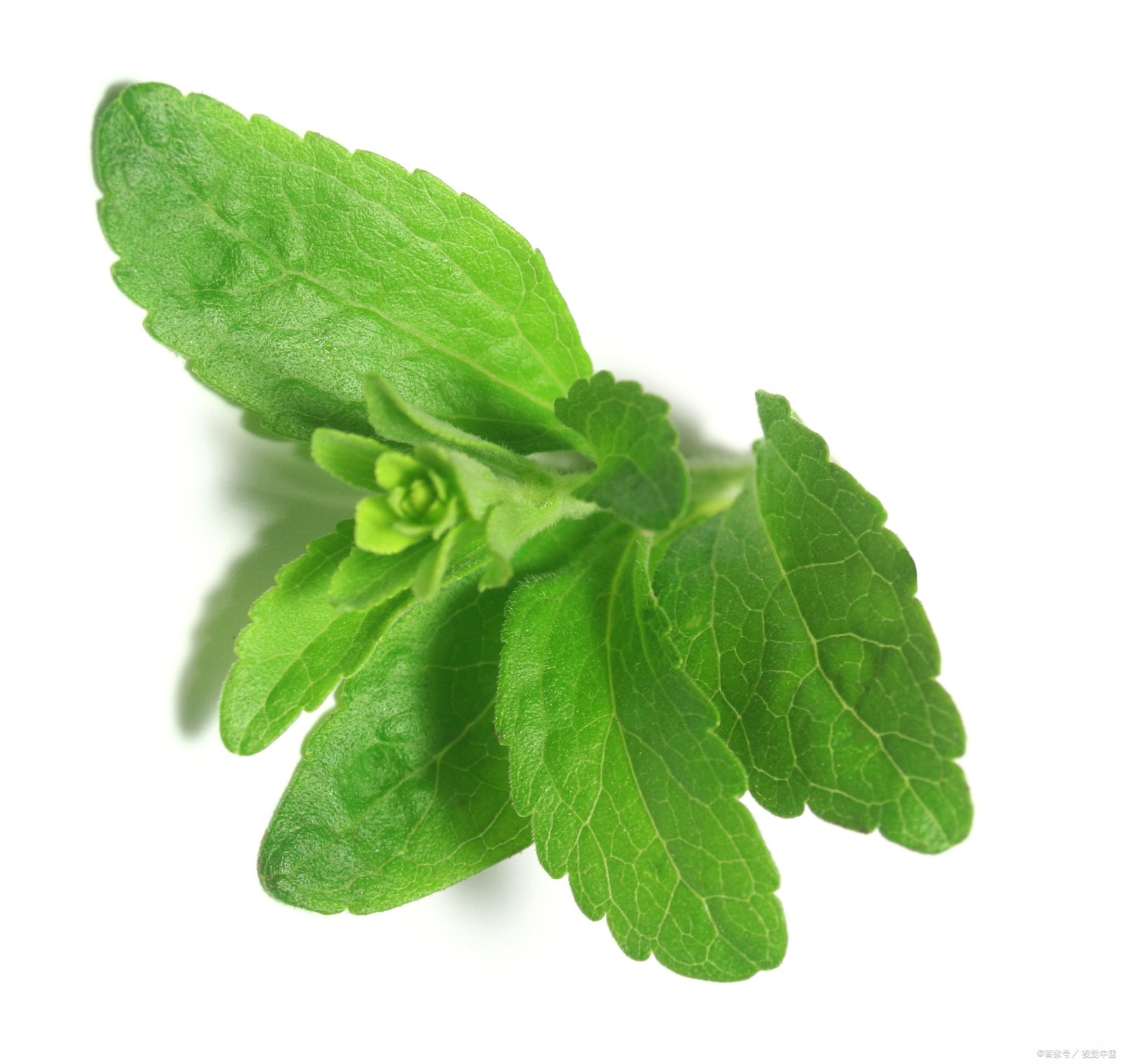
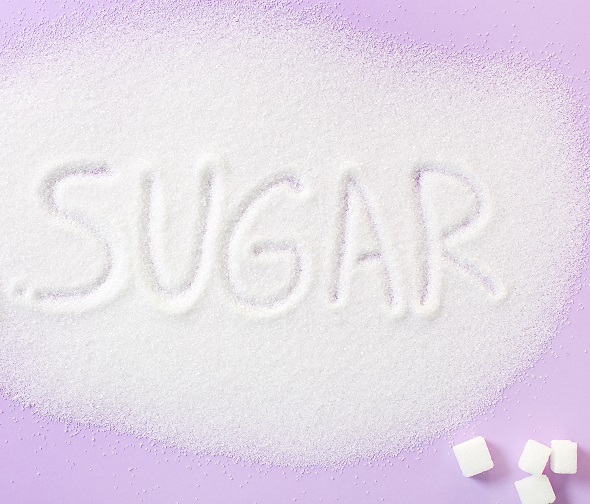
What does stevia sugar taste like?
Stevia sugar, also known as stevia blend or stevia-sugar blend, combines stevia extract with other sweeteners or fillers to create a product that mimics the taste and texture of sugar more closely.
1. Blended Sweetness: These blends often include ingredients like erythritol, monk fruit, or even small amounts of sugar to balance the taste. This results in a product that has the sweetness of stevia but with a less pronounced aftertaste.
2. Sugar-Like Experience: Stevia blends are often preferred for baking and cooking because they provide a taste and texture that more closely resemble sugar. The bitterness and herbal notes are usually muted, making the overall experience more akin to using regular sugar.
What does stevia sweetener taste like?
“Stevia sweetener” refers to commercially available stevia products, which vary widely in taste depending on the brand and formulation.
1. Powdered Stevia: Powdered stevia is often used in baking or as a tabletop sweetener. The taste can be very sweet, but it might also carry a bitter or metallic aftertaste, depending on the quality and concentration. Some people find that certain brands have a smoother, more palatable taste, while others may have a more pronounced aftertaste.
2. **Granular Stevia**: Granular stevia, often used in sugar substitutes, provides a texture similar to sugar but can still have some of the characteristic aftertaste. It’s usually designed to be a 1:1 sugar replacement, though the taste might still differ slightly from sugar.
What does stevia extract taste like?
Stevia extract is a purified form of stevia, typically containing only the sweetest components of the stevia leaf, like rebaudioside A. This makes it one of the most concentrated and sweet-tasting forms of stevia available.
1. Pure Sweetness: Stevia extract delivers a high level of sweetness with less of the bitterness associated with whole stevia leaf or less refined products. The taste is cleaner and more focused on the sweetness rather than the herbal notes.
2. Aftertaste: Even though it's more refined, stevia extract can still have a slight aftertaste, but it's often less noticeable compared to other forms. The licorice or metallic aftertaste is usually more subdued.
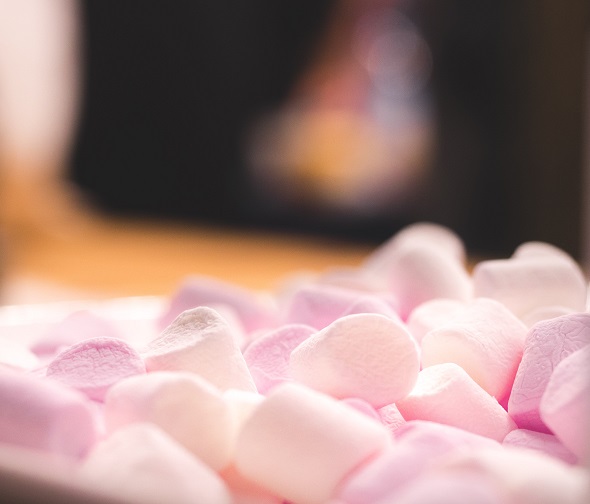
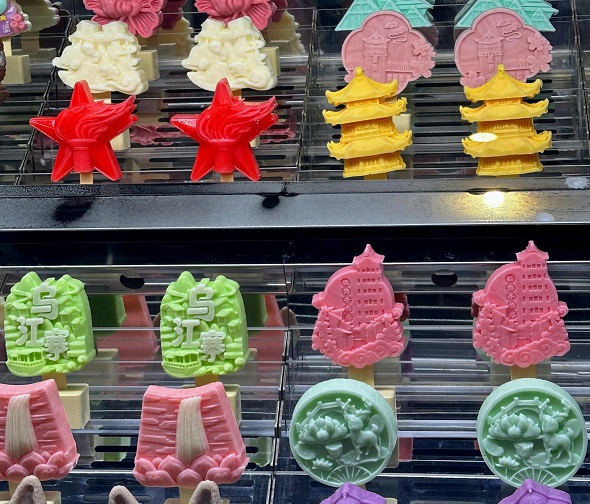
Related Recommendation
All images in this article are sourced from: GL Stevia, Pexels, Natvia